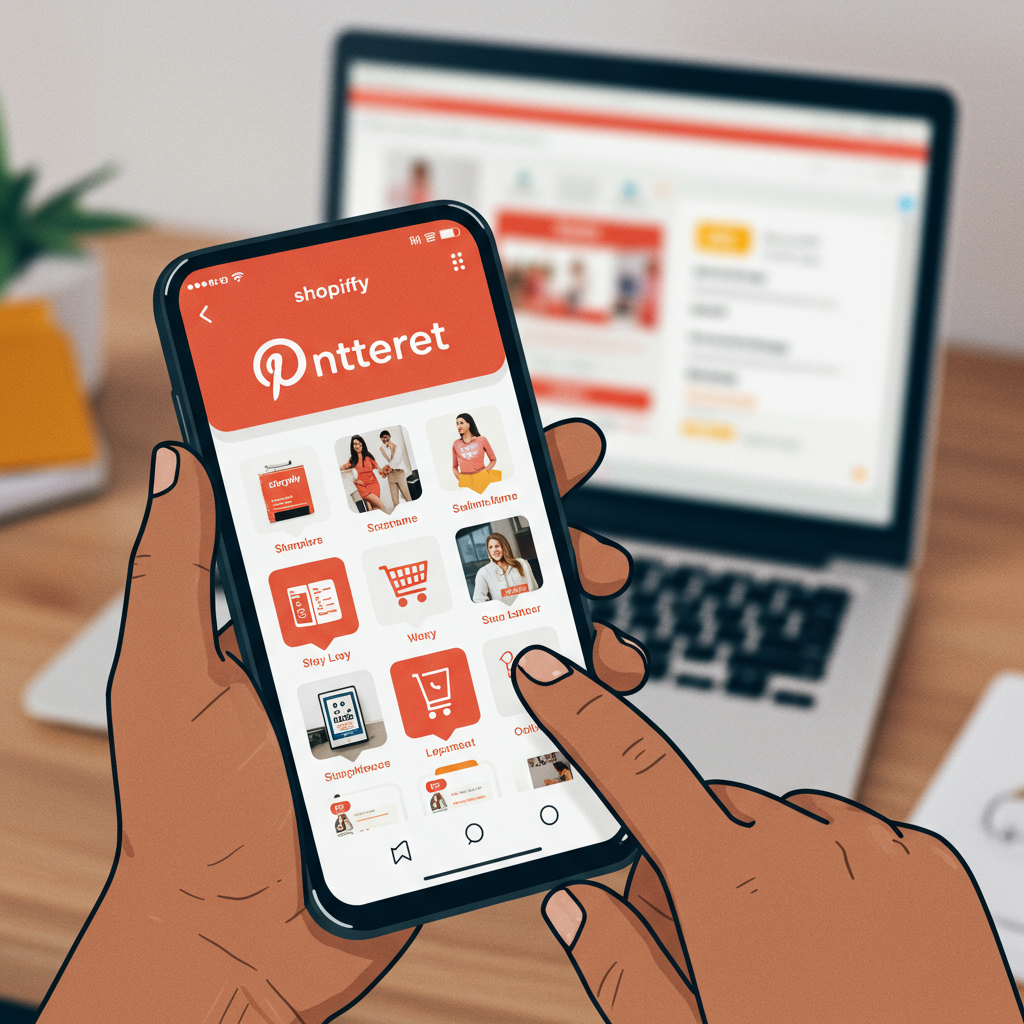Discover how leveraging the power of Pinterest influencers can transform your e-commerce strategy and drive significant traffic and sales to your Shopify store.
As a merchant, I’m always on the lookout for innovative ways to expand my reach and connect with potential customers. In the vast landscape of digital marketing, Pinterest often stands out as a unique and powerful platform, especially for visual products.
Unlike other social media channels, Pinterest functions more like a visual search engine and discovery tool. People go there to plan, to dream, and to find inspiration for purchases.
This inherent intent to discover and buy makes it an incredibly fertile ground for e-commerce businesses like ours, particularly those operating on Shopify.
But how do we cut through the noise and truly capture the attention of our target audience on Pinterest? My answer is: Pinterest influencers.
Working with influencers isn’t just for Instagram or TikTok anymore. Pinterest influencers, often called ‘Pinfluencers,’ have dedicated followings who trust their recommendations and aesthetic.
They’ve cultivated boards and content that resonate deeply with specific niches, making them ideal partners for targeted marketing.
The beauty of Pinterest is its evergreen content. A pin shared by an influencer today can continue to drive traffic to your Shopify store for months, even years, unlike the fleeting nature of posts on other platforms.
So, where do we begin our search for these valuable partners? I usually start by exploring Pinterest itself.
Use the search bar to look for keywords related to your products or industry. See who’s pinning high-quality content consistently and gaining traction.
Another effective method I’ve found is to observe what your competitors are doing. Are there any influencers they’re collaborating with? This can give you a good starting point.
Beyond direct Pinterest searches, there are influencer marketing platforms that can help connect you with relevant creators. While I won’t name specific ones, a quick search will reveal many options tailored to various budgets.
Once you’ve identified potential Pinfluencers, the vetting process is crucial. I always look beyond just follower count.
Engagement is key. Are their pins being saved, clicked, and commented on? High engagement indicates an active and responsive audience.
I also meticulously check their audience demographics. Do their followers align with my ideal customer profile? This ensures your message reaches the right people.
Their content quality and aesthetic must also match your brand’s image. A cohesive visual style is paramount on Pinterest.
When it comes to outreach, I always recommend a personalized and professional approach. Clearly state why you admire their work and how a collaboration could be mutually beneficial.
Be clear about your proposal: what kind of collaboration are you envisioning? Are you offering free products, payment, or a commission-based affiliate model?
For Shopify merchants, integrating an affiliate program can be seamless, allowing influencers to earn a percentage of sales they drive directly to your store.
Consider different types of collaborations. Sponsored pins are common, but you could also explore board takeovers, where an influencer curates a board for your brand.
Product reviews, styled shoots featuring your items, or even joint contests and giveaways can generate significant buzz.
When creating content with influencers, emphasize high-quality visuals. Pinterest is a visual platform, and stunning imagery is non-negotiable.
Ensure that all pins link directly back to your Shopify product pages. Utilize Rich Pins, which automatically pull product information like price and availability from your Shopify store, making them more informative and clickable.
Encourage the use of relevant keywords in pin descriptions and board titles. This improves discoverability through Pinterest’s search algorithm.
To measure success, I rely heavily on both Pinterest Analytics and my Shopify store’s analytics. Pinterest provides insights into impressions, saves, and outbound clicks.
On the Shopify side, I track referral traffic from Pinterest and, most importantly, conversions. Using UTM parameters in your links is invaluable for precise tracking.
This allows me to see exactly which influencer campaigns are driving sales and providing the best return on investment.
Maintaining good relationships with successful Pinfluencers is also vital. They can become long-term brand advocates.
Finally, always ensure compliance with disclosure guidelines. Influencers must clearly state when content is sponsored or part of a paid partnership.
What do you think about this approach to Pinterest influencer marketing for your Shopify store? I’d love to hear your thoughts.
In my experience, Pinterest influencer marketing, when executed thoughtfully, can be a game-changer for Shopify merchants looking to expand their digital footprint and connect with a highly engaged, purchase-oriented audience.






